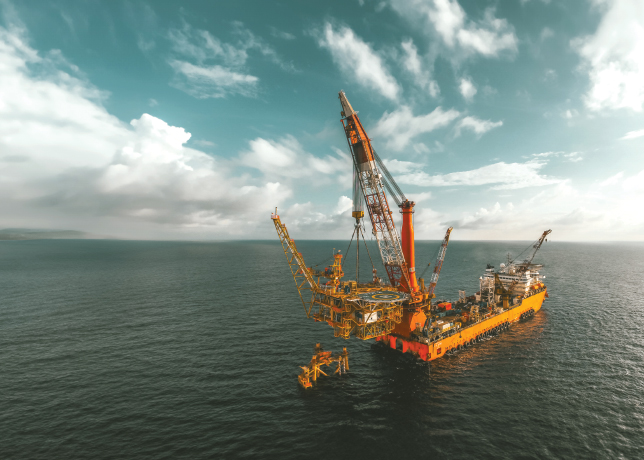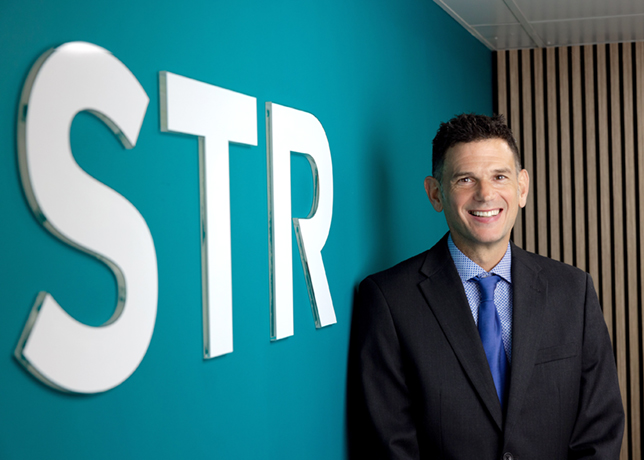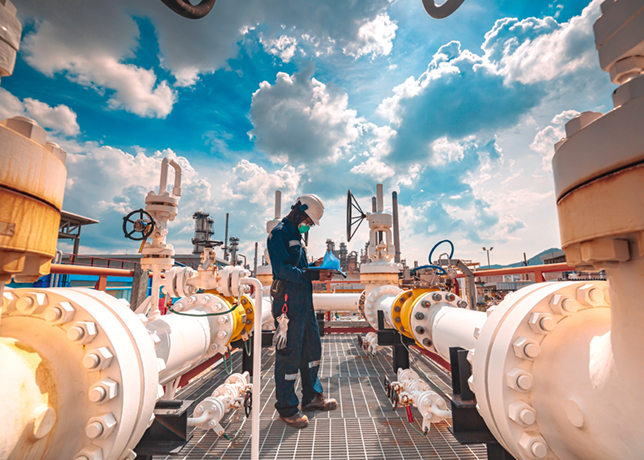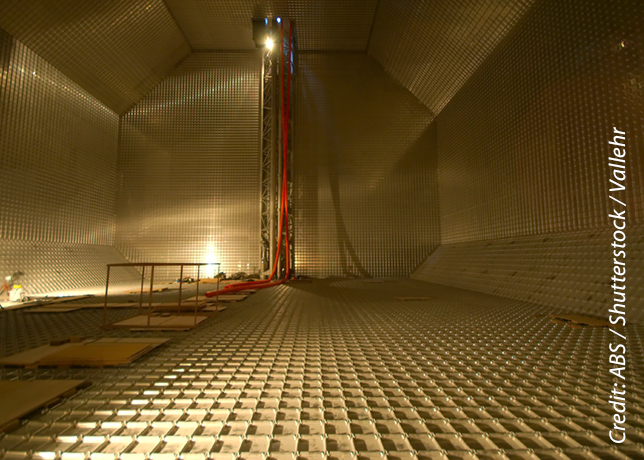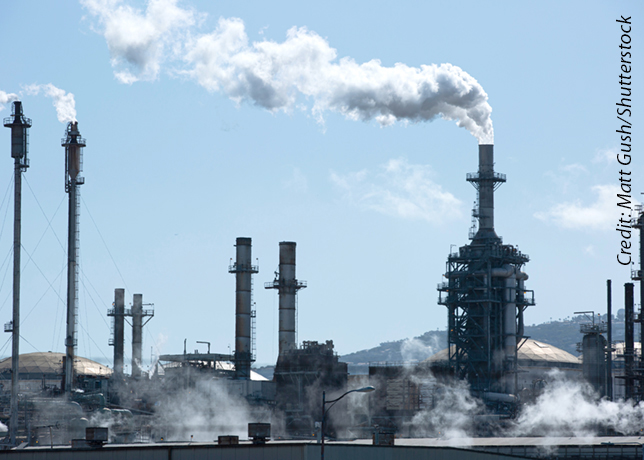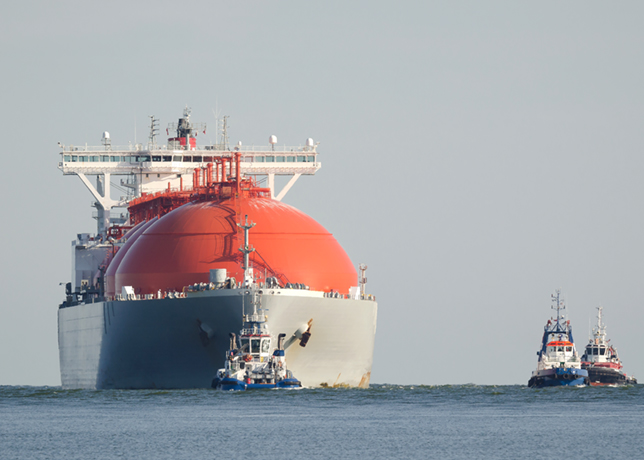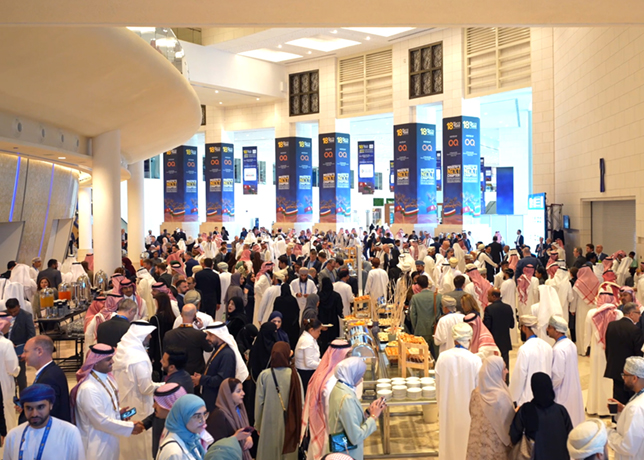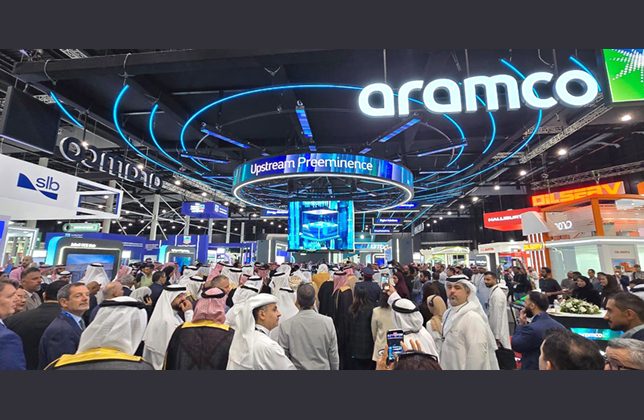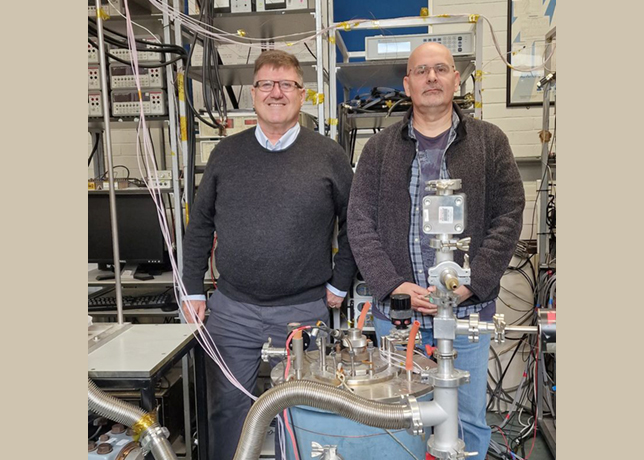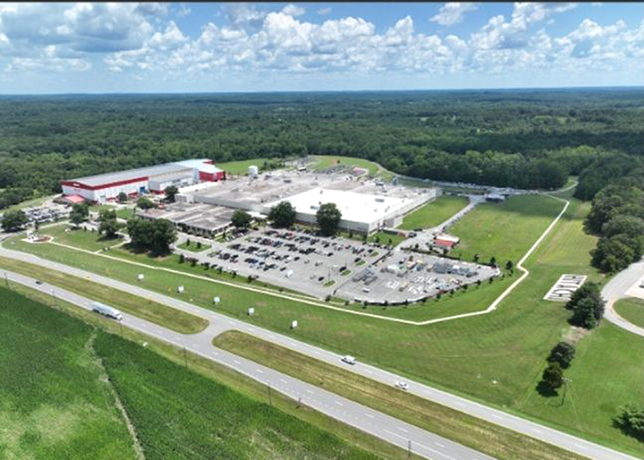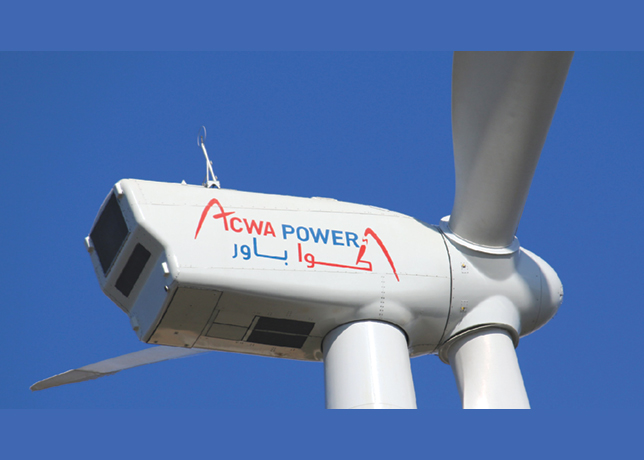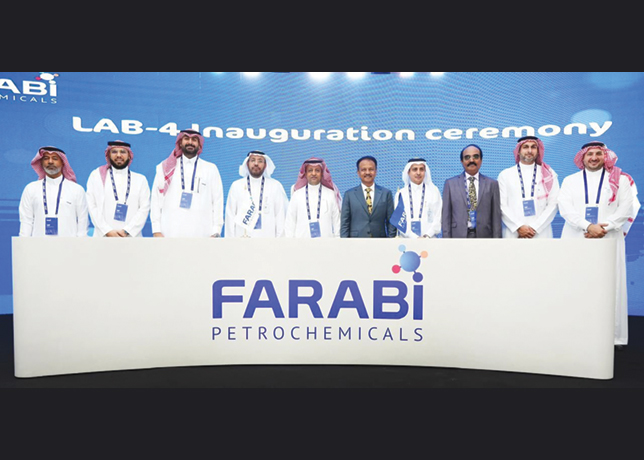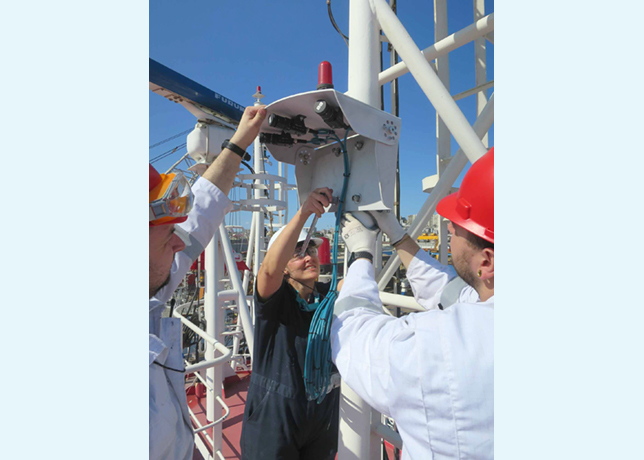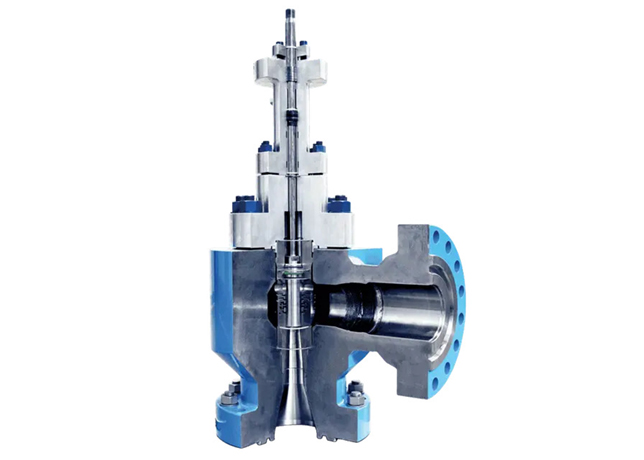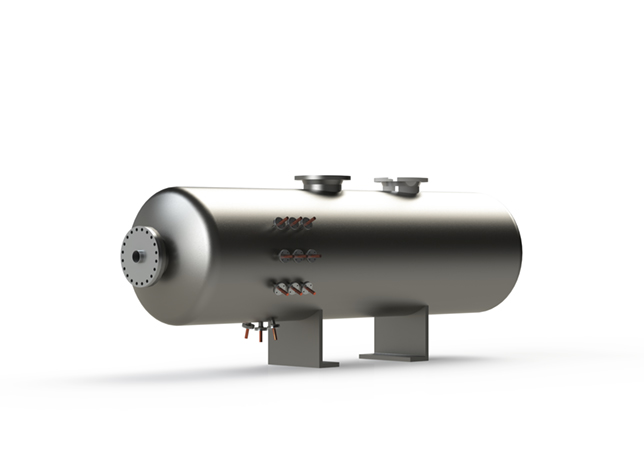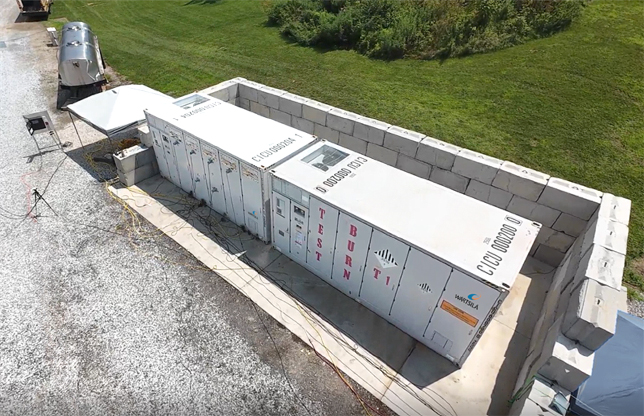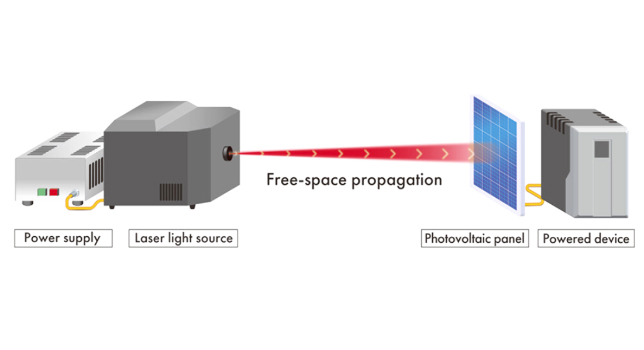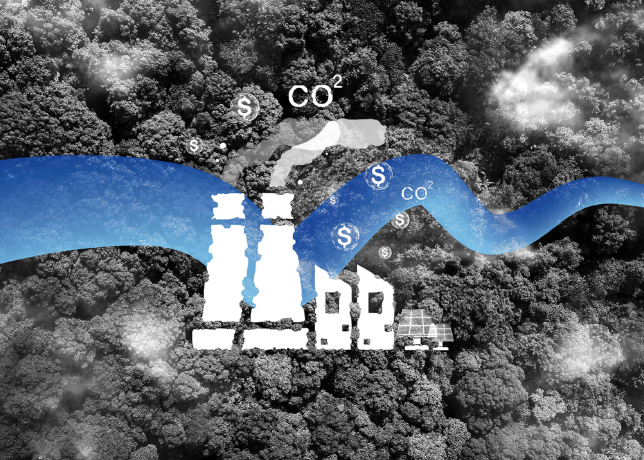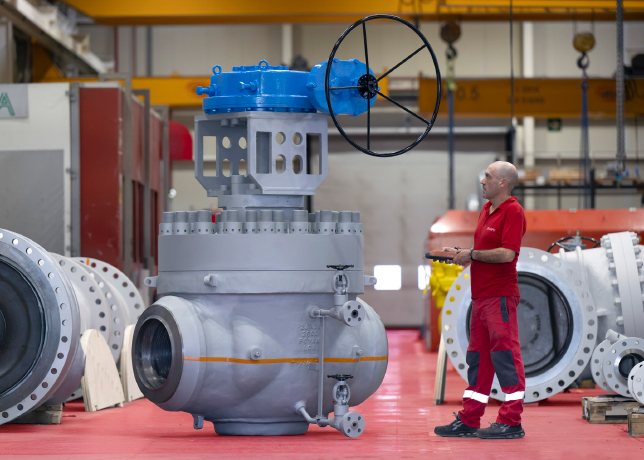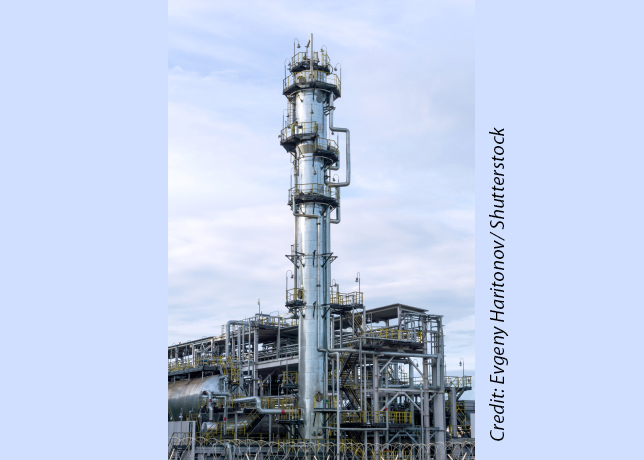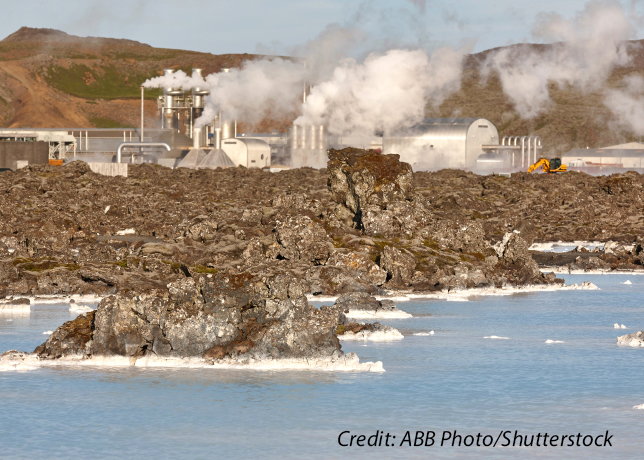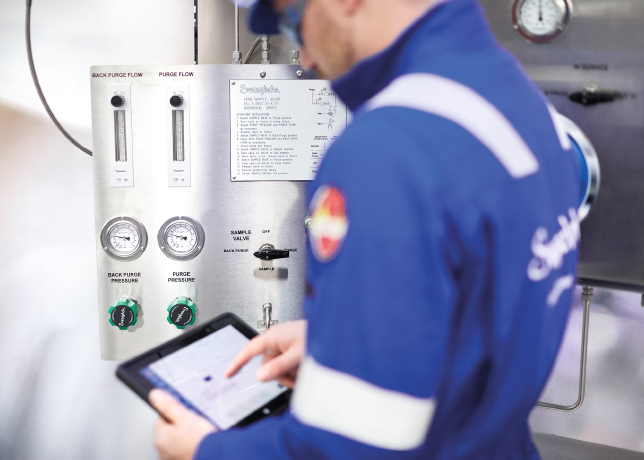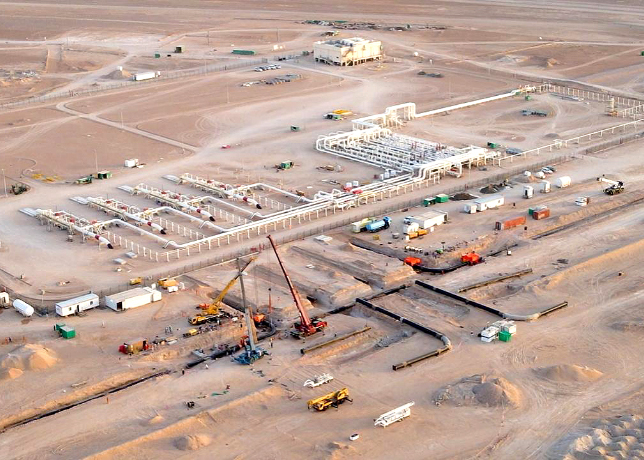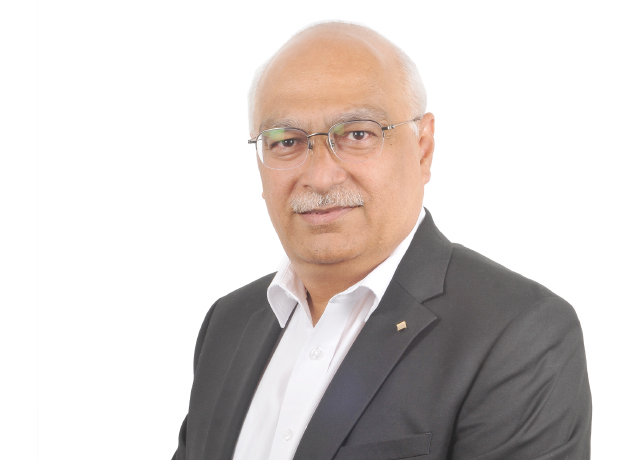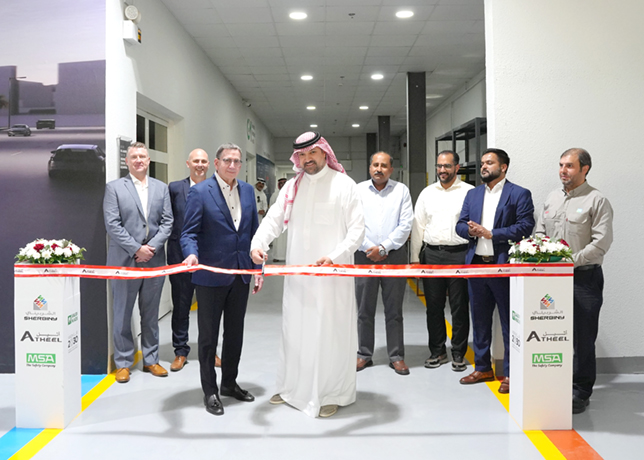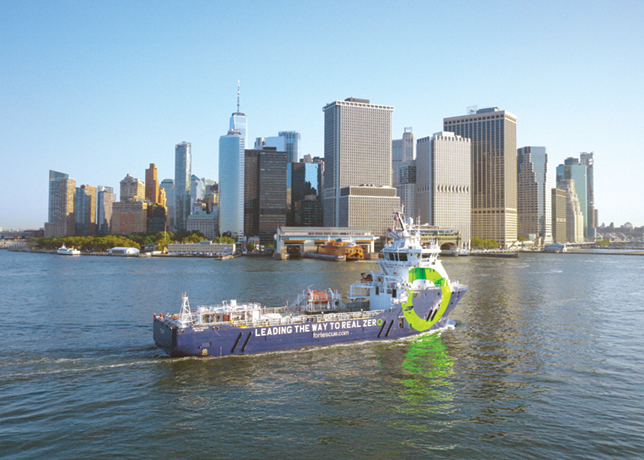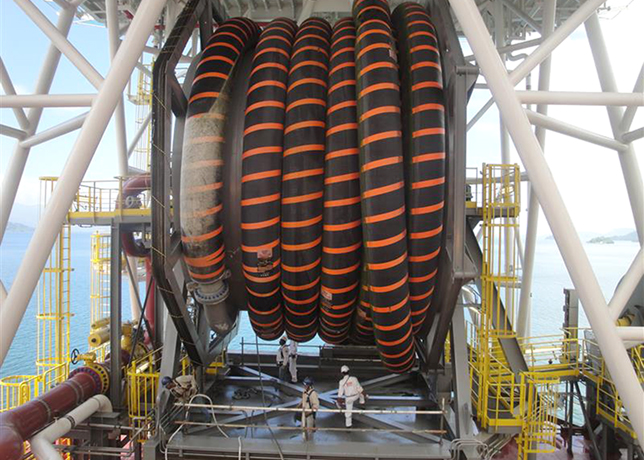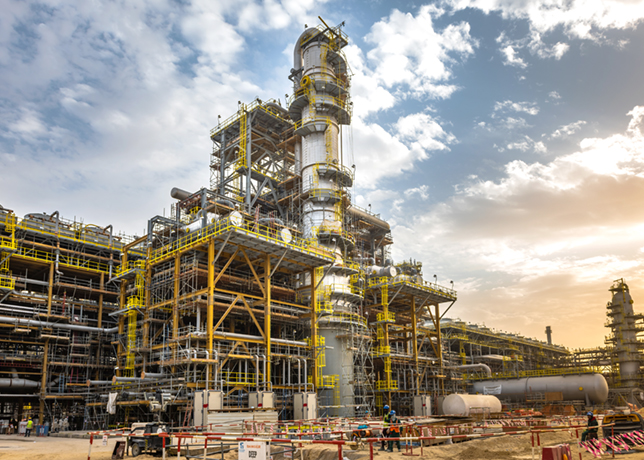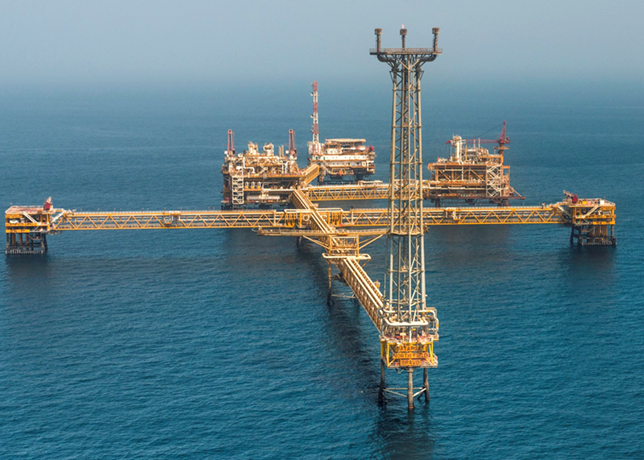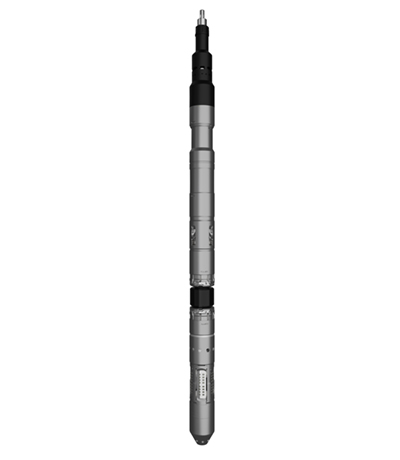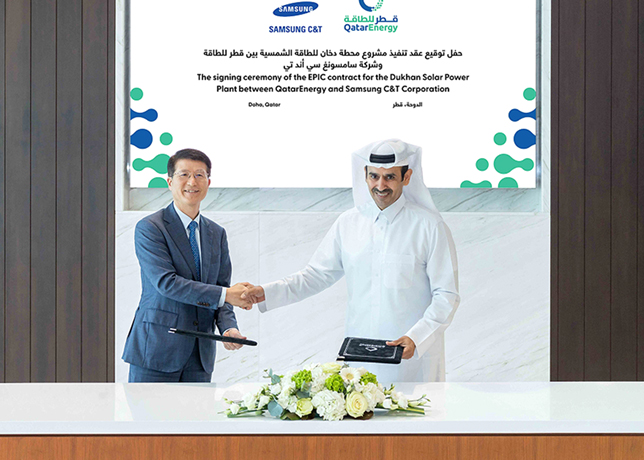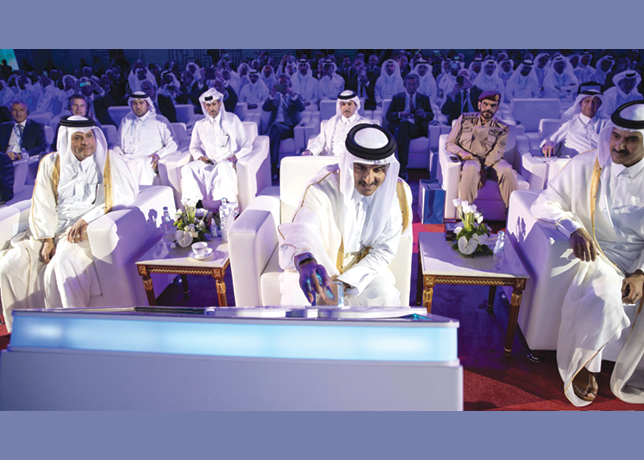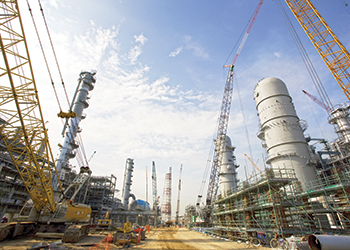
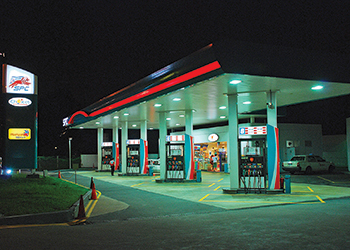 SPC ... extensive service reach
SPC ... extensive service reach
Even as Singapore Petroleum Company is set to achieve growth in light of growing Asia Pacific refining and storage industries, stringent regulations and unstable refinery margins could have a significant impact on its performance, says a report
Singapore Petroleum Company Limited (SPC) is one of the leading oil and gas companies in Singapore. It has a sound relationship with its parent company, PetroChina International (Singapore) and carries out integrated oil and gas activities in the Asia Pacific region. It is poised for growth in light of growing Asia Pacific refining and storage industries, however, stringent regulations, intense competition and unstable refinery margins could have a significant impact on its performance, says GlobalData in a strengths, weaknesses, opportunities and threats (SWOT) analysis of the company.
STRENGTHS
Service reach: SPC offers various products and services to residential, commercial and industrial customers. Extensive service reach has strengthened the company’s business operations. The company produces and distributes petroleum, naptha, motor gasoline, jet fuel, fuel oil, LPG, sulphur, asphalt and lubricants. It operates a retail network of 40 fuel stations across Singapore. Its retail services include car washes, convenience stores, and automotive services. Besides, the company provides significant commercial services for aviation, bunkers, tanker charter, distribution, storage and terminaling. It supplies jet fuel to international airlines at Singapore Changi Airport, Taoyuan International Airport, Hong Kong International Airport and Suvarnabhumi International Airport.
Relationship with parent company: SPC is a wholly-owned subsidiary of PetroChina International (Singapore) Ltd, a subsidiary of PetroChina Company Limited (PetroChina). Its healthy relationship with its parent company enables it to expand its operations across the world. PetroChina is one of the leading oil and gas producers in the world. It explores, develops, produces, refines, transports, stores, and markets oil and gas products. Besides, it is engaged in the production and marketing of petrochemical products, refined petroleum products, and derivative chemicals. PetroChina is a wholly-owned subsidiary of China National Petroleum Corporation (CNPC), a state-owned business corporation in China. As a result, SPC receives significant financial and technical support from PetroChina.
Integrated operations: SPC operates across the entire energy value chain. It undertakes exploration, development and production of oil and gas. SPC’s strong infrastructure and vertically integrated structure has led to its reputation as one of the leading oil and gas companies in Singapore. It has interests in one exploration permit, seven production sharing contracts, and three pipelines in the Asia-Pacific region. It has interests ranging from 7 per cent to 45 per cent in Block 19 and 20 in Nam Con Son Basin, Vietnam; East Kalimantan, Mahakam Hilir, Indonesia; Bohai Bay, Block 04/36, China; Bohai Bay, Block 05/36, China; Pearl River Mouth Basin, Block 26/18, China; Bass Basin, Block T/47P, Australia; Song Hong Basin, Block 101-100/04, Vietnam; Khmer Basin, Block B, Cambodia; Offshore East Java, Sampang PSC, Oyong oil field, and Oyong gas field in Indonesia; Jeruk oil field, Indonesia; Song Hong Basin, Blocks 102 and 106, Vietnam; and West Natuna Sea, Kakap, Indonesia. SPC has stake in West Natuna Transportation System, Grissik-Batam-Singapore Pipeline, and Grissik-Duri Pipeline. It operates retail network of fuel stations across Singapore.
It has 50 per cent interests in Singapore Refining Company. The refinery has a nameplate capacity of 290,000 barrels of oil equivalent per day (bopd). SPC stores, transports and distributes oil and gas products. The company operates the Jurong Bulk Plant, a distribution centre. It operates a storage terminal at Pulau Sebarok. The terminal comprises 13 storage tankers. It has deepwater jetty for tankers up to 160,000 tonnes displacement. It has other jetties for barges up to 10,000 displacement.
WEAKNESSES
Anti-competitive allegation: SPC along with related fuel retailers in Singapore was part of an anti- competitive lawsuit by Competition Commission of Singapore. Such anti-competitive allegation could affect the company’s business operations. In January 2015, Competition Commission of Singapore has ordered the fuel retailers including Caltex, Esso, Shell and SPC to explain the price raises in January 2015. In January 2015, the company’s pump prices across the island were raised by up to 25 cents per litre for 98-octane-grade petrol and as much as 18 cents for 95-octane.
OPPORTUNITIES
Innovative product: SPC’s innovative SPC Levo was launched across its entire retail network in Singapore. Such innovative products could enhance the company’s retail customer base. SPC Levo is a gasoline fuel product containing world-class additives and friction-reducing technology. It facilitates smooth acceleration, proper engine maintenance, and improvement in responsiveness. The gasoline fuel offers better fuel economy to motorists.
Growth in refining investments – Asia Pacific: The company could strengthen its presence in Asian markets with the increasing refinery investments in this region. Investment requirements for the refining sector are grouped into three major categories. The first is for the identified projects that are expected to go ahead. The second is for capacity additions – over and above known projects – that are needed to provide adequate future refining capacity up to 2040. And the third covers the maintenance of the global refining system and the necessary capacity replacement.
According to WOO2014, for the ongoing projects, which are expected to come online by 2019, total investments are expected to be approximately $90 billion. China alone accounts for some $50 billion of this amount. From the required investments of $450 billion for the above assessed projects, more than 45 per cent, or $200 billion, is projected to be in Asia-Pacific. In terms of regions, China accounts for $90 billion of the long-term investments, while other sub-regions in Asia-Pacific account for around $110 billion. The combining of all three major categories results in investment requirement of $1.6 trillion in the global refining sector up to 2040. Of this total, $250 billion is needed for investment in existing projects, $450 billion for required additions and around $900 billion for maintenance and replacement.
Growth in oil storage industry – Asia Pacific: Asia-Pacific plays an important role in the global oil storage terminal industry. It accounts for 32 per cent of global oil and chemicals storage capacity. The regional economic development and increasing purchasing power of countries in Asia Pacific have propelled the regional oil demand, which, in turn, has triggered the need for expansion of oil and chemicals storage capacity. The Asia Pacific governments are focused on ensuring energy security. According to in-house research, the total oil and chemicals storage capacity of Singapore in 2013 was 13,065.55 thousand cubic metre. The oil and chemicals storage capacity in Singapore is expected to increase to 13,173.551 thousand cubic metre in 2017. Singapore is one of the focal points in the Asia Pacific oil transportation industry.
THREATS
Intense competition: SPC competes with numerous regional players in the Pacific-Asia region. The emerging refining hubs in India, Thailand and Malaysia, could lead to decline in demand for refinery services in Singapore. Its primary competitors are Thai Oil Public Company, BP Singapore, Shell Eastern Petroleum, ExxonMobil Asia Pacific and Petronas Dagangan Berhad. Certain competitors have superior financial and technical resources. The inability to compete successfully could have an adverse impact on the company’s performance.
Stringent regulations: The company’s various activities are subject to numerous national and international laws and regulations. These regulations monitor every aspect of the company’s operations across various jurisdictions in which it operates. Its operations are governed by legislations related to allotment of licenses, acquisitions, agreements, FDI, emissions, fuel consumption, labour relations, expansion projects and safety, among others. Its activities are monitored by the International Enterprise, among other regulatory bodies. The company must be vigilant in the event of new legislations or modifications in existing legislations. The non-compliance of such regulations could lead to significant fines or penalties for the group, thereby, affecting its financial performance.
Rising capital costs in the refining sector: The rising capital costs for refineries’ expansion and/or modernisation may call for heavy investments by companies such as this one. Refineries worldwide are becoming more complex and flexible to allow refiners to process different qualities of crude. The petroleum product quality norms have become stringent and this is resulting in an increase in costs for building secondary conversion units like fluid catalytic crackers (FCC), hydro crackers and cokers. Additionally, shifting yield patterns in favour of light and middle distillates instead of fuel oil also requires huge investments to upgrade simple refineries to complex ones. Any such additional costs for the company could affect its financial position adversely.




